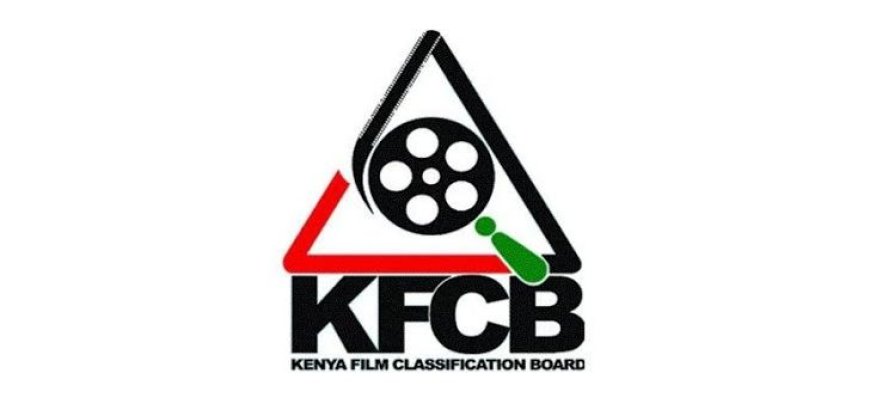Was KFCB's Licence Directive on YouTubers a hit or a miss?

Evans Wekesa, Nakuru
Last week, the Kenya Film and Classification Board (KFCB) issued a directive to all YouTubers, mandating them to comply with the Film and Stage Play Act, among other requirements. This move sparked a heated debate among content creators and the general public, forcing the Board, through its chairperson Njogu wa Njoroge, to revoke the notice.
Caption 222 of the Film and Stage Play Act establishes a framework for regulating the production, distribution, and exhibition of films and stage plays in the country. It explicitly warns against any film being made and distributed without a filming license from KFCB.
According to KFCB Act Cap 222 of 1998, the Board is mandated to regulate the creation, broadcasting, possession, distribution, and exhibition of films and broadcasted content. Additionally, the Communication Act requires that all broadcasters ensure content is examined and classified by the KFCB before aired.
Implementing this law might be a big blow, not only to YouTubers but also to other content creators who have been leveraging social media to share their artistry work while earning an income from it. The directive might pose a considerable challenge for some upcoming content creators who lack financial muscles, considering they'll need a substantial fee for the license.
Some critics argue that this move is an attempt by the government to regulate content being aired by some content creators, which is unpalatable to the general public at large. On the other hand, others feel that most YouTubers have been making substantial earnings from their channels without paying taxes due to the lack of a streamlined system for identifying and regulating them.
Beka The Boy, a coastal-based Bongo hitmaker, supports the KFCB's directive, stating, "They should be regulated and quickly too, we are years behind the world, especially in the music industry. It's a total loss."
On the other hand, a Kisii-based comedian and YouTuber expressed concerns about the practicality and fairness of the directive.
"Is there a legal framework to support what KFCB is trying to implement? Has there been public participation of all stakeholders in the content creation industry. What has the government done to create a conducive environment for filmmakers,''
''Let the government allow the importation of filming equipment duty-free before they talk about licensing, just like fertilizer. Hiyo ndio shamba ya wasanii,'' added Okiondo
While the KFCB's directive aims to bring order and regulation to the content creation industry, the Board must strike a balance to avoid suppressing creativity and innovation. All stakeholders must be involved to ensure that the interests of all parties are addressed so as to pave the way for a thriving and well-regulated industry.







